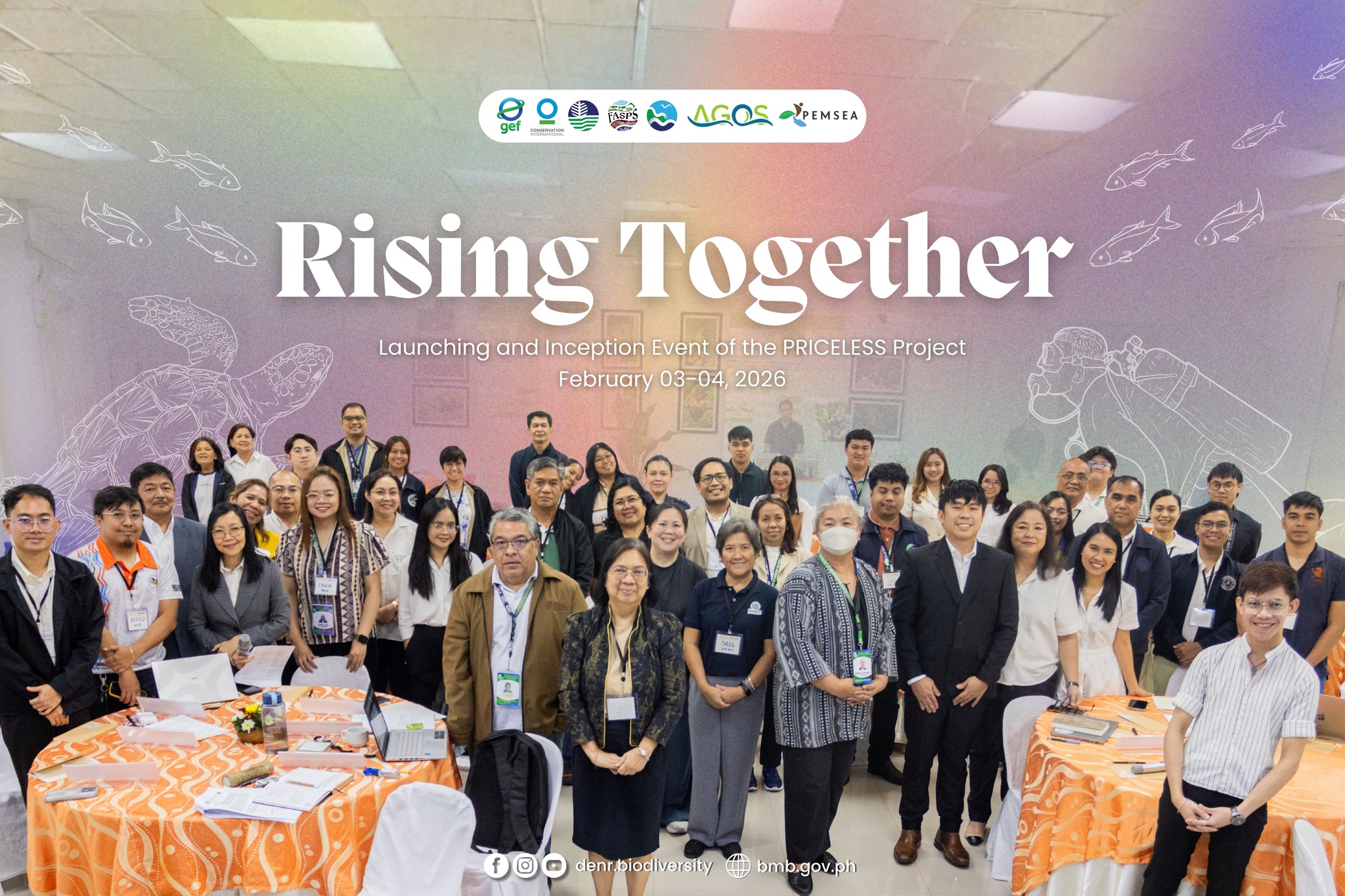ASEAN-Japan to Conduct Training on Freshwater and Brackish Water Fish Taxonomy
Tuesday, 30 October 2012

Laguna, Philippines — Taxonomists, as well as fisheries and aquatic resources workers, from the ten ASEAN Member States, PR China, RO Korea, Japan and Mongolia will attend a training course to upgrade their skills on fish taxonomy. The course, which also aims to expand the network for taxonomical information of fishes in East and Southeast Asia, will be held on 5-11 November 2012 in Bangkok and Ubon Ratchathani in Thailand.
The course will focus on freshwater and brackish water fishes, review basic taxonomy, and discuss natural history of freshwater fishes, current status of freshwater fish taxonomy in Southeast Asia, and system of naming fish or how to propose a new species. Through practical exercises, the participants will learn methods in preparing and managing fish specimens, identifying fish species using prepared specimens and keys, collecting and field/laboratory treatment of fish specimens, photographing fresh fish specimens for scientific use, and managing/cataloguing fish specimen.
Trainers will come from Japan, Thailand, Cambodia, Lao PDR and Viet Nam. Technical support will be provided by the Japan Wildlife Research Center and the Nagao Natural Environment Foundation of Japan. Guidance and suggestions will be provided by specialists from the Natural Science Museum in Pathum Thani, and Bangkok Aquarium.
The course is part of a series of taxonomic training courses under the project titled "Expanded Taxonomic Capacity Building and Governance for Conservation and Sustainable Use of Biodiversity" being implemented by the ASEAN Centre for Biodiversity (ACB) and assisted by the Japan-ASEAN Integration Fund. The East and Southeast Asia Biodiversity Information Initiative (ESABII), through its secretariat in the Ministry of the Environment of Japan (MoE Japan), is involved in the project by providing experts as resource persons during the training courses. The joint activity further strengthens the collaboration between ESABII-MoE Japan and the ACB-JAIF project.
The dynamic growth of East and Southeast Asian countries in recent years has increased the pressure on its natural resources. Human activities, the driving force behind the regional growth, threaten the region's biological resources. Limited access to scientific information on biodiversity in this region is a crucial issue in the assessment and prediction of biodiversity changes, caused mainly by the lack of taxonomic capacity in data collection and analysis.
According to Dr. Filiberto Pollisco, Jr., ACB coordinator for the taxonomic project, the diminishing interest of students to take up courses on taxonomy has reduced the number of taxonomists all over the world. The lack of trained human resources and inadequate capacities on taxonomy has been stressed as one of the obstacles in biodiversity conservation.
"Taxonomy is one of the keys to successful biodiversity conservation. You cannot protect a species which you do not know. Adequate taxonomy is also one of the necessary fundamental tools required for the global community to be able to implement the Millennium Development Goals and the development targets from the World Summit for Sustainable Development."
"Without adequate long-term investment in the human, infrastructural including important biological collections, and information resources necessary to underpin the science of taxonomy, the now well-recognized taxonomic impediment will continue to prevent adequate implementation of sound, scientifically-based sustainable, environmental management and development policies," Dr. Pollisco explained.




